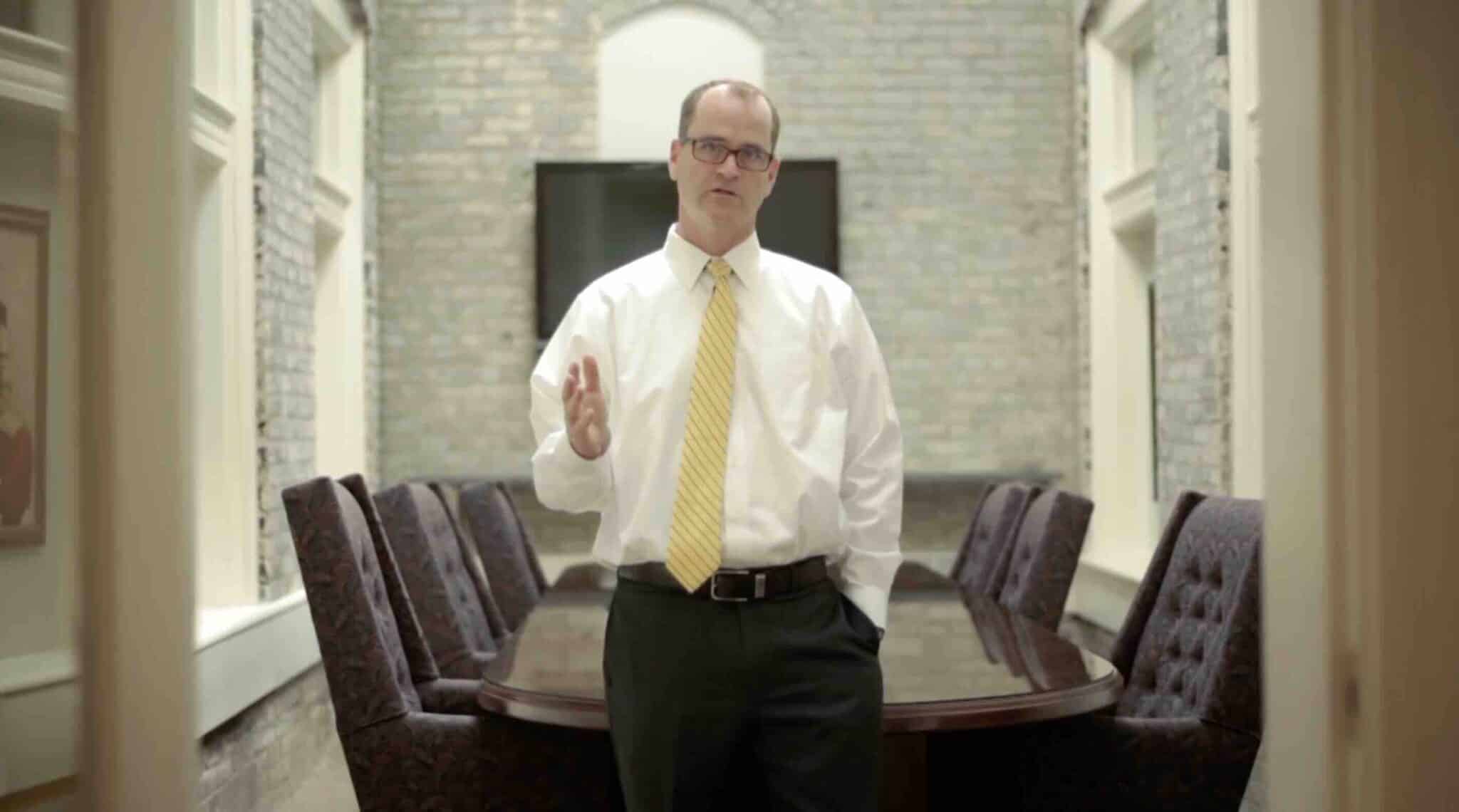
I am a former Florida DUI prosecutor that now works as a DUI defense attorney in Tampa.
I worked as an assistant state attorney in Tampa for more than 5 years. During that time, I prosecuted over a thousand DUI cases.
When I first started as a prosecutor, I realized that DUI cases fell into one of three categories. Today, there is a fourth category of Tampa DUI cases.
Understanding these four DUI case categories is key to assessing whether the prosecutor will reduce your DUI case to reckless driving.
The Four Different Categories of Tampa DUI Cases
Category #1 – DUI Cases that the Prosecutor Can’t Win
I prosecuted some DUI cases that had legal or evidentiary problems that were so serious, that either I was going to drop the case, or the judge was going to dismiss it.
For example, I remember a case I was prosecuting in which an officer had written in his report that he had stopped the defendant’s vehicle because one of its three break lights was not working. However, under Florida law, a passenger vehicle only needs to have two working break lights, not three. Therefore, the driver never committed a traffic infraction, and the officer had no right to stop him. I knew the officer’s traffic stop had violated the constitutional rights of the defendant. So, I dropped the case.
Another example of a case that a prosecutor can’t win is when the State Attorney’s Office lacks an essential witness. For example, recently a client of mine was facing DUI charges in Hillsborough County. However, as my client’s case was pending, the DUI deputy that had arrested my client got into his own legal trouble, which lead to the Hillsborough County Sheriff’s Office firing him. I knew from my experience as a prosecutor that the State Attorney’s Office would not call a deputy that had been fired as a witness, and that he was an essential witness to prove the DUI case against my client. So, I contacted the prosecutor’s supervisor and insisted that he drop the DUI charge, and he eventually agreed.
Category #2 – DUI Cases that the Prosecutor Should Win
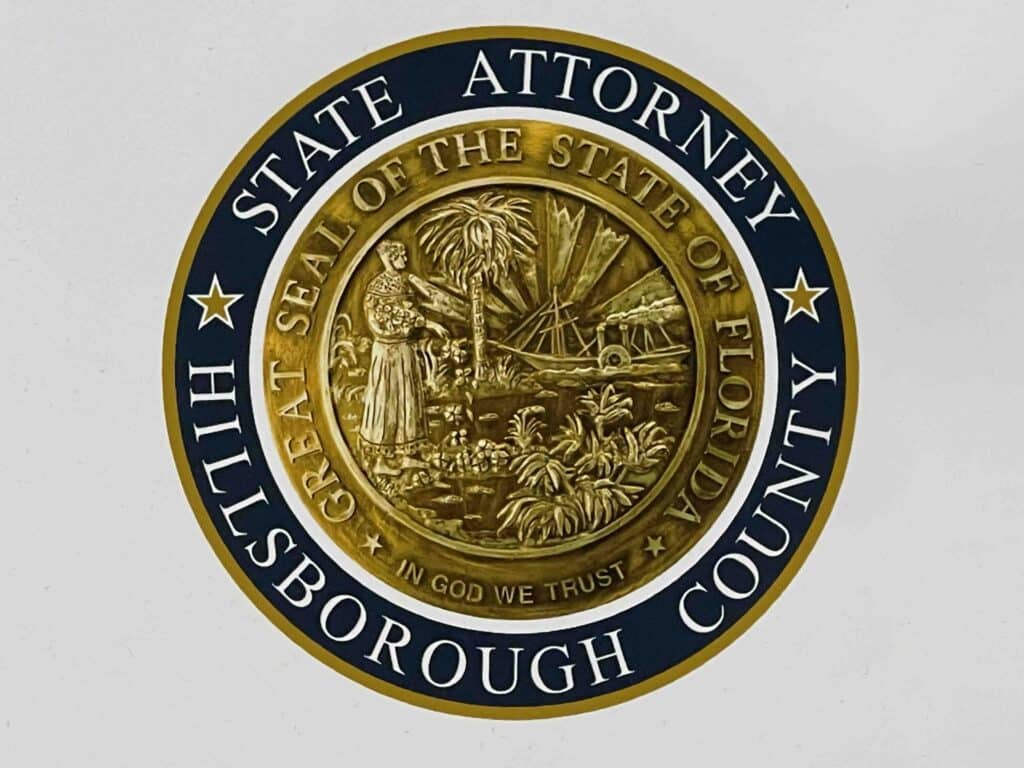
There were other cases I prosecuted where the evidence was so overwhelming that the prosecutor should win at trial.
For example, I remember a case in which the police found a driver passed out at a stop light. The driver’s foot was still on his car’s brake as he slept. When the officers opened the driver’s door and woke him up, it was obvious that the driver was impaired by alcohol, as he smelled of alcohol, had bloodshot eyes, slurred speech, and admitted to drinking. The driver agreed to perform field sobriety exercises but performed them terribly. The driver provided a breath sample, and his breath alcohol level was more than twice the legal limit.
In a case like this, the prosecutor should, if he or she is doing their job adequately, win at trial.
Category #3 – DUI Cases that Could Go Either Way
Many of the cases I handled as a DUI prosecutor fell in the middle of the two extremes I described above – the prosecutor might get a conviction at trial, or the jury might find the defendant not guilty.
For example, I can remember prosecuting cases in which defendants were stopped for reasons not indicative of impaired driving, like having a broken headlight. If the defendant performed the field sobriety exercises reasonably well and then refused to provide a breath alcohol sample, the case could be very hard for a prosecutor to prove.
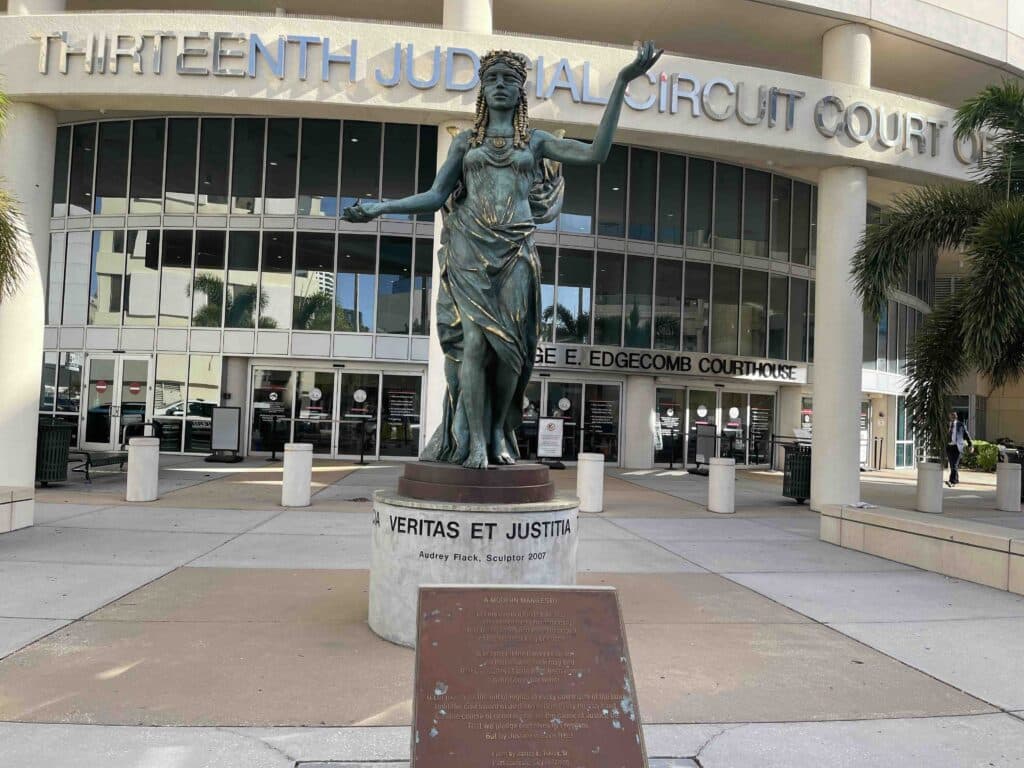
Cases like these, in which either side could prevail at trial, will frequently be resolved by plea negotiations, and the State Attorney’s Office may offer to reduce the DUI charge to reckless driving.
The reason that the State Attorney’s Office may be willing to reduce a DUI charge, and that a defendant may be willing to plead guilty or no contest to reckless driving, is that both sides have something to lose if the case were to proceed to trial.
For example, if the State Attorney loses the case at trial, the defendant will avoid all the criminal law consequences of having driven under the influence – the State wants to avoid that because the prosecution wants to send a message to both the defendant, and the public in general, that if you drive impaired you will face punishment in court.
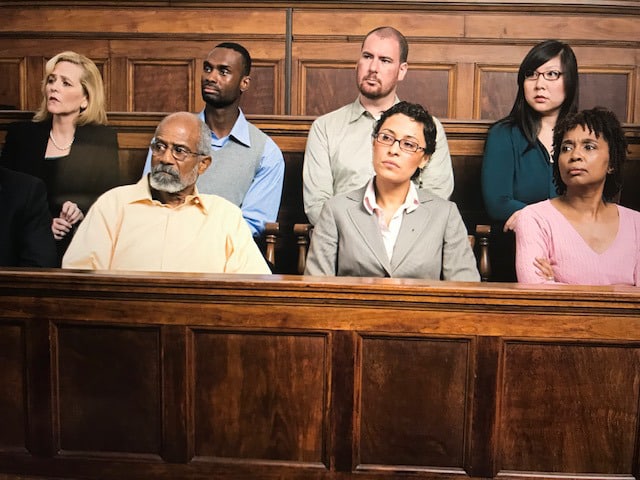
On the other hand, if a defendant decides to proceed to trial, a jury may find them guilty, in which case the judge may sentence the defendant to jail. A jail sentence can disrupt a person’s life. Remember, the even the lowest level of DUI charge, a first time DUI with a breath alcohol level above .08 but below .15, carries a possible jail sentence up to six months in jail.
Category #4 – DUI Cases that Qualify for the Hillsborough County State Attorney’s RIDR Program
When I was a prosecutor in Tampa from 2005 to 2010, there were no programs for first time DUI offenders.
However, around 2017, the Hillsborough County, the State Attorney’s Office began to offer a program to certain first time DUI offenders called the “Reducing Impaired Driving Recidivism Program”, commonly called the RIDR Program.
RIDR is not a traditional diversion program like the Misdemeanor Intervention Program or Pretrial Intervention Program, because people who complete RIDR do not have their cases dismissed.
Rather, persons that qualify for the RIDR program are eligible to have their DUI cases reduced to reckless driving and receive a withhold of adjudication rather than an adjudication of guilt. Not every first time DUI offender qualifies for the RIDR program. For example, if your breath alcohol level was above .20, or there was a minor in your car at the time of the DUI, or if the DUI involved a crash, the State Attorney will not offer the RIDR program.
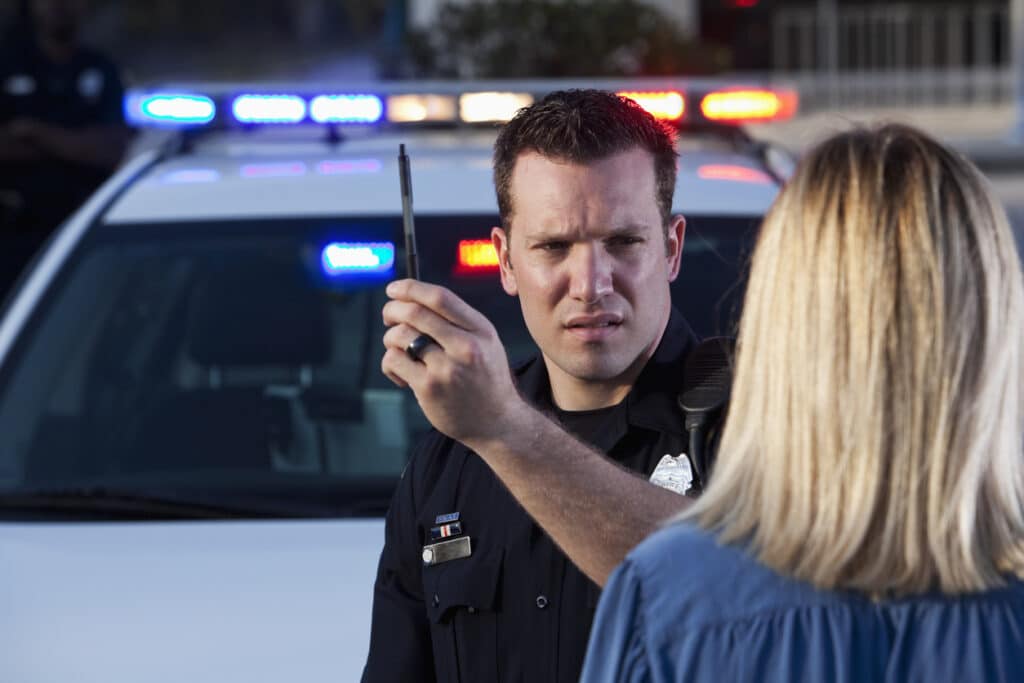
What are the Advantages of Getting a DUI Case Reduced to Reckless Driving?
There are several advantages for a DUI defendant when the prosecutor reduces a DUI to reckless driving.
There is no 10 Day Vehicle Impound
First, when a defendant pleads guilty to DUI, the law requires the judge to impound the defendant’s vehicle for a minimum of 10 days. But, if the defendant pleads guilty to reckless driving, there is no impound required.
There is no Mandatory Driver’s License Revocation
Second, when a defendant pleads guilty to a DUI, the judge must revoke the defendant’s driver’s license for at least 6 months. This revocation is separate from any administrative suspension imposed by the Florida DHMSV. However, if a defendant pleads guilty to reckless driving, the law does not require the judge to suspend the defendant’s driver’s license.
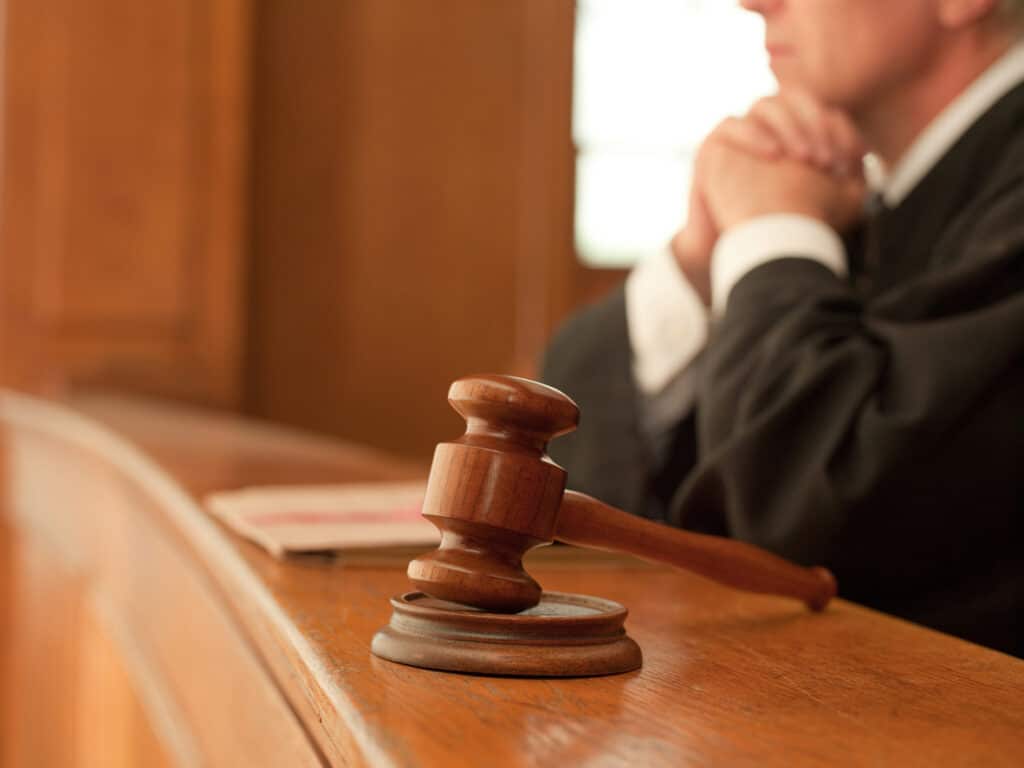
There is no Mandatory Adjudication of Guilt
Third, when a defendant pleads guilty to a DUI, the law requires the judge to adjudicate the person guilty, which means that the person is formally convicted of the DUI. However, if a defendant pleads guilty to reckless driving, the judge is not required to adjudicate the person guilty. Instead, the judge can withhold adjudication of guilt, which means that the person is not formally convicted. If adjudication withheld, a defendant may be able to seal the records associated with his or her DUI arrest.
There is no FR-44 Requirement
Fourth, the State of Florida requires that a before a defendant convicted of DUI can get their license back, they must file a form with the Florida DHSMV called the FR-44. The FR-44 certifies to the State of Florida that a defendant convicted of DUI has auto insurance in the amounts of at least $100,000 in bodily injury insurance per person, $300,000 in bodily injury insurance per accident, and $50,000 in property damage. In most cases the FR44 is required for three years from the time of conviction. To get an FR-44 form, a defendant convicted of DUI must request the FR-44 from their insurance company. This notifies the insurance company that the defendant was convicted of DUI, which will cause their insurance premiums to rise. However, the FR-44 requirement does not apply to a person whose who has pleaded guilty to reckless driving.
There is no Mandatory Fine
Fifth, when a defendant pleads guilty to a DUI, the law requires the judge to impose a fine, of at least $500 dollars. However, if a defendant pleads to reckless driving, there is no mandatory fine.
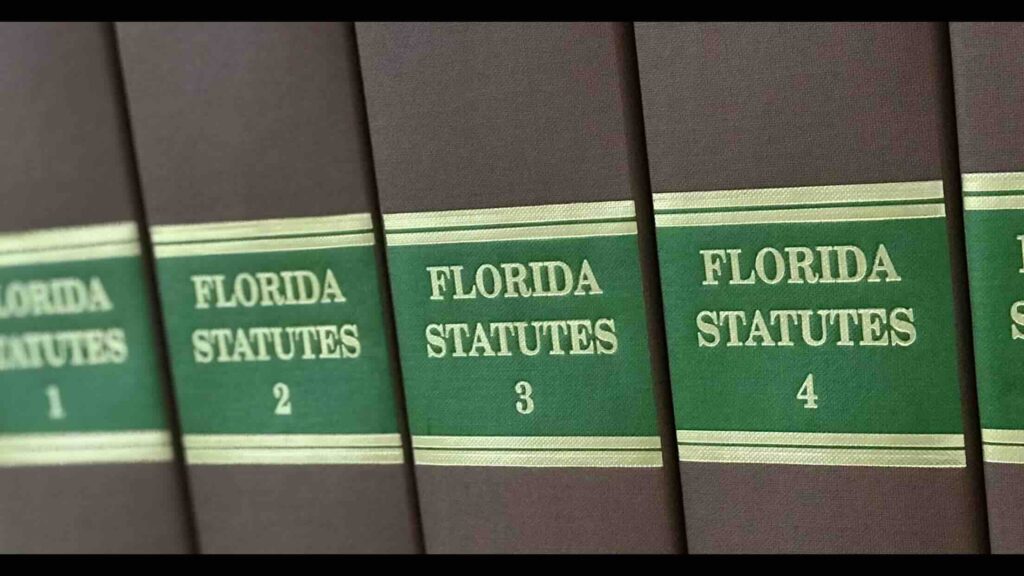
Reduced Maximum Jail Sentence
Sixth, when a defendant pleads guilty to a misdemeanor DUI, the defendant faces between six months and one year in jail. However, the maximum jail sentence for a first-time reckless driving conviction is 90 days jail.
Will the Prosecutor Reduce my Charge to from DUI to Reckless Driving?
Whether the prosecutor will reduce your DUI charge to reckless driving depends on a variety of factors.
One factor that is key to whether a prosecutor will offer a reduction is the strength of the State’s evidence. I discussed this factor already in this article, in the section above entitled “Category #3 – DUI Cases that Could Go Either Way at Trial.”
Below are a few more examples of other factors that can influence whether a prosecutor will reduce a DUI charge to reckless driving.
Does the Defendant have any Prior DUI Arrests or Convictions?
The criminal history of the defendant is an important factor that a prosecutor will consider when deciding whether to reduce a DUI to reckless driving.
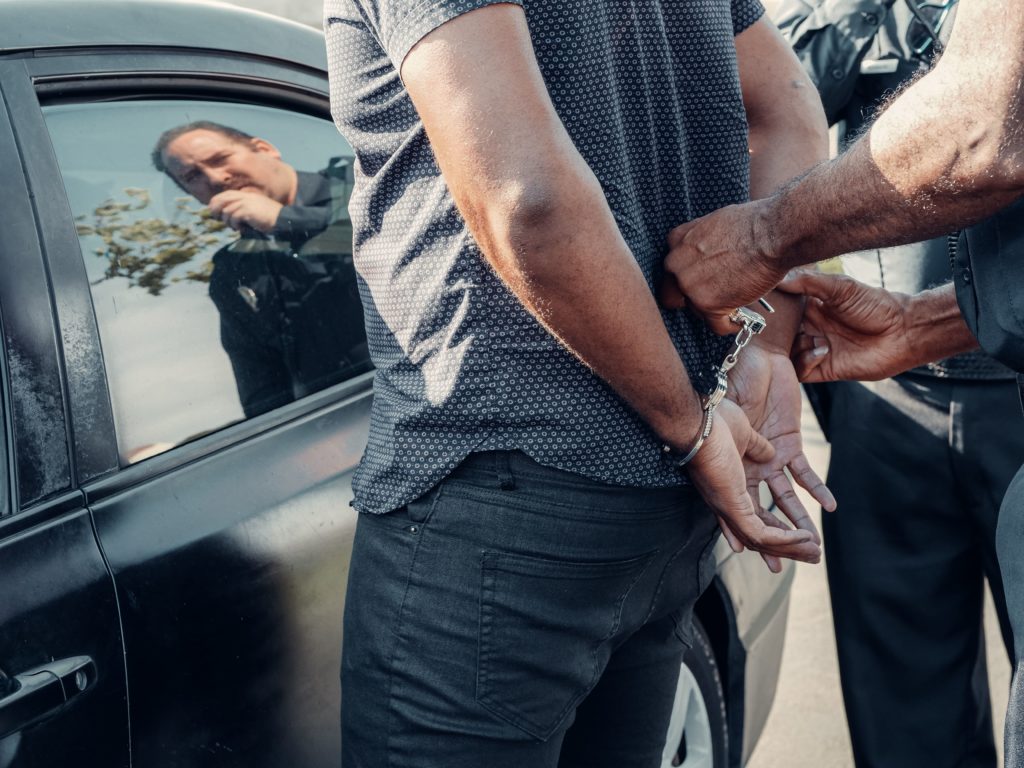
If the defendant has a prior DUI conviction or even an arrest for DUI, that will make it more difficult, though not impossible, for your attorney to negotiate a reduction to reckless driving.
I recently represented a DUI defendant that was charged with DUI (second conviction within five years of a prior DUI conviction). My client had been stopped for a minor traffic infraction, he performed the field sobriety exercises well, and he did not provide a breath sample. Because there appeared to be a reasonable doubt as to whether my client had driven under the influence, the State Attorney’s Office was willing to reduce the new DUI charge to reckless driving. This reduction was important to my client, because a second DUI conviction within 5 years of another DUI conviction requires that the judge sentence the defendant to at least 10 days in jail. However, there is no minimum mandatory when the person is convicted of reckless driving.
Is There a Reasonable Argument that Law Enforcement Violated the Constitutional Rights of the Defendant?
Sometimes there is a question as to whether a law enforcement officer’s stop of a vehicle violated the constitutional rights of the accused.
Once, when I was a young man in my 20’s, I left a golf course at dusk after playing 9 holes of golf with some friends. As I drove out of the course, I passed through an intersection with a traffic light. The way I remember it, the traffic light was green. However, a police officer pulled me over and told me that I had run a red light. When I protested, he told me “Your eyes are as red as that light.” The only thing I had had to drink at the golf course were diet cokes, so the officer was mistaken (about the red light and my eyes). He let me go.
I suspect that that officer had parked his police cruiser at the golf course exit thinking that if he stopped cars as they left the course, that some of the drivers would have spent a little too much time at the golf course bar. When he realized I was stone cold sober, he sent me on my way, and probably went back to his hiding spot to wait for the next golfer.
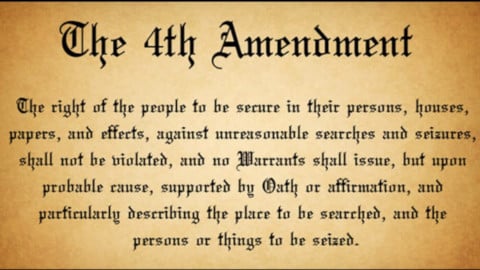
If I had run that light, the officer would have had every right to stop me. But, since I didn’t run the light, his stop of my car violated my constitutional rights. Police can’t pull cars over on a hunch, because that kind of police action violates the Fourth Amendment of the United States Constitution.
In situations like this, when law enforcement officers act improperly, your attorney can file a motion to suppress evidence. The filing of a motion to suppress can be enough to sway the prosecutor to reduce a DUI to reckless driving. That’s because if a judge grants a motion to suppress, that can end the case. Prosecutors want to avoid a case dismissal, as they would prefer to get a reduced punishment for a DUI offender rather than no punishment.
Have you been arrested for driving under the influence in the Tampa Bay area?
Tampa Attorney David C. Hardy is a former DUI prosecutor that now represents persons accused of DUI. He is Board Certified by the Florida Bar and the National Board of Trial Advocacy as an Expert in Criminal Trial Law. As a prosecutor and defense attorney, he has extensive experience handling all types of DUI cases.
If you or a loved one has been arrested for DUI in Hillsborough County Florida, Pinellas County Florida, or Pasco County Florida, contact Attorney David C. Hardy. He has the knowledge, skills, and experience to guide you through this process and obtain the best possible results.
Posted in Florida DUI Defense
